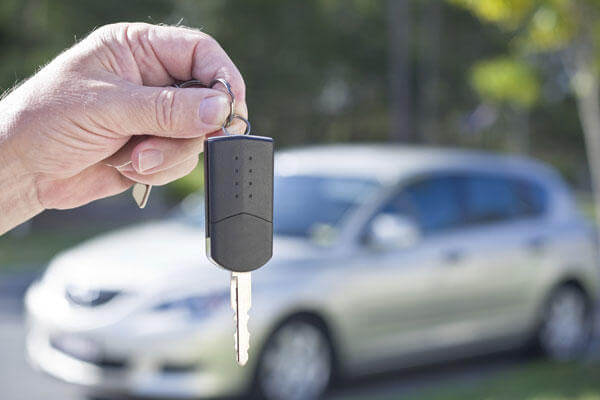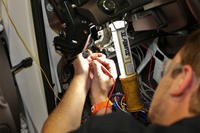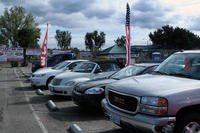Most car buyers are familiar with the process of buying a new vehicle. However, most people are clueless when it comes to leasing a new car. The following will help you compare leasing and buying to help determine which meets your needs.
Leasing offers an attractive alternative for people who like to drive a newer car for a lower monthly payment. For many the idea of having no maintenance worries and no commitment is a great deal. A lease also gives you an opportunity to drive a new car every three years or so. Leases may also suit some business owners since they can get a tax right off of the expenses. In addition, most leases require little to no money down.
However, there are some limitations. For example most leases have mileage limits designed to help maintain the car's value, which can be restrictive and expensive if you exceed them.
If you plan to turn the vehicle in at the end of the lease you can simply hand the keys back to the dealer and walk away. But if you want to keep the vehicle you will have to pay the residual. Residual is the vehicles value after depreciation. In some cases this can mean a substantial “balloon” payment. Be sure to have a clear understanding of how much the residual will be before you sign a lease, because even if you have no intention of keeping the vehicle today, you may change your mind later.
Some leases are easier than others to buy out of, but most leases have early pay-off penalties. Be sure you know what you are getting locked into.
So what’s the bottom line?
Leasing may be right for you if:
- You want to drive a nicer car with lower monthly payments – Many leases offer substantially lower monthly payments, which can help you afford a higher end vehicle.
- You want to drive a new car every few years – Some people find it fun to walk into a showroom had the keys over and drive out in a new vehicle every three years.
- You fear maintenance or trade-in hassles – Vehicle trade-in values can be very disappointing, not having to deal with this can be a big deciding factor.
- You are able to keep the mileage low – This is a big deal. You may not think you will drive much now, but situations can change. It’s no fun to constantly worry about the mileage factor.
However, buying may your best option if:
- You prefer a simple upfront deal – Leases can be complicated, especially if you are considering refinancing the vehicle to a standard loan at the end of the contract.
- You expect to put a lot of mileage on your car – Leased vehicles come with a per year mileage limit. This limit may be negotiable, but at an added cost.
- You plan to keep the car more than three years – Leases are best for those who expect to turn the vehicle in at the end of the lease.
- You like to personalize or modify your vehicle – Making any modifications can void the lease and may result in added penalties.
As in wise car buying, leasing requires some homework and careful consideration. Don’t get locked into a lease you can’t live with and avoid making a down payment on a lease, and try to get the shortest term possible. Whether leasing or buying you should avoid negotiating the month payment, focus the negotiations on the purchase price including fees and mileage limitations.










